

16 September 2024
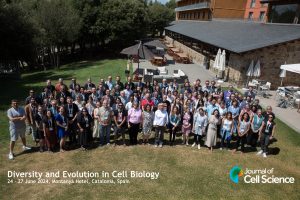
The Journal Meeting, Diversity and Evolution in Cell Biology, organised by Journal of Cell Science (JCS) took place from 24 June to 27 June 2024 in Catalonia, Spain. The aim of this meeting was to bring together evolutionary biologists and cell biologists investigating diverse aspects of cellular physiology, traversing both spatial scales – from subcellular cytoskeletal dynamics to symbiotic interactions – and evolutionary time.
18 January 2024
Our Publisher Claire Moulton recently visited the two Woodland Trust UK sites where we are planting new native trees for published Research and Review papers and protecting ancient woodland on behalf of our peer reviewers.
15 August 2023
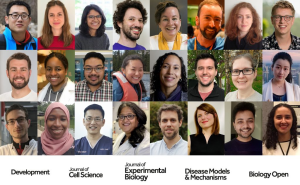
The Company of Biologists supports early-career researchers (ECRs) in several ways across all five of our journals and three community sites. First Person interviews help primary authors to showcase their recently published articles, helping ECRs boost engagement and exposure of their work. A Year at the Forefront Reviews provide ECRs with an early opportunity to publish a review for free, helping them to boost their career prospects. Grants such as Travelling Fellowships enable ECRs to visit different labs around the world which specialise in many niche areas of scientific research.
24 July 2023
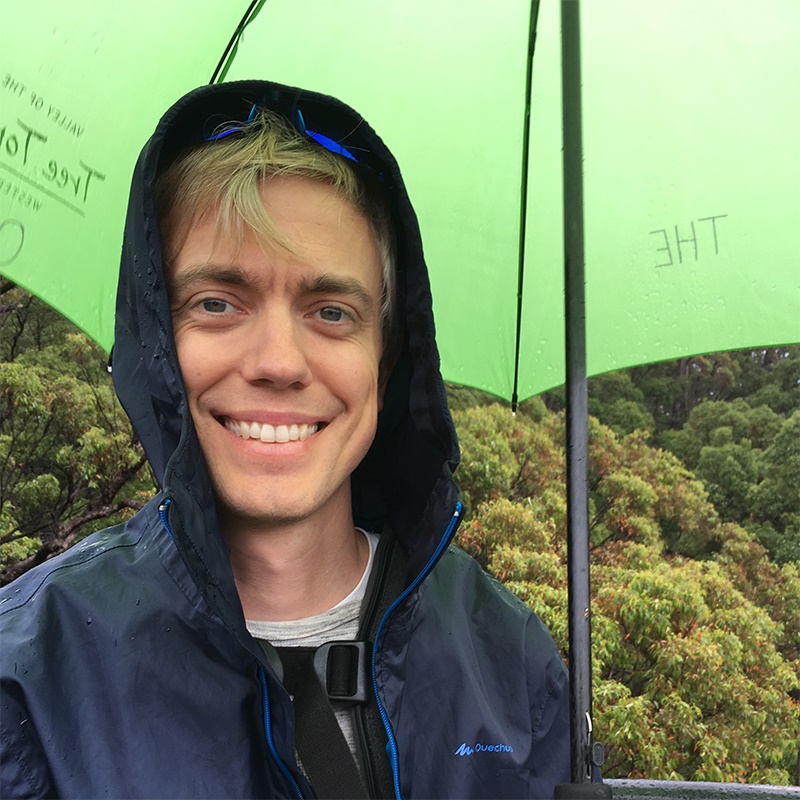
The Forest of Biologists was launched on 13 March 2023. We recently caught up with Steven Kelly, Professor of Plant Sciences at the University of Oxford and former Editor-in-Chief of Biology Open, who planted the seed for this project several years ago. …
15 March 2023
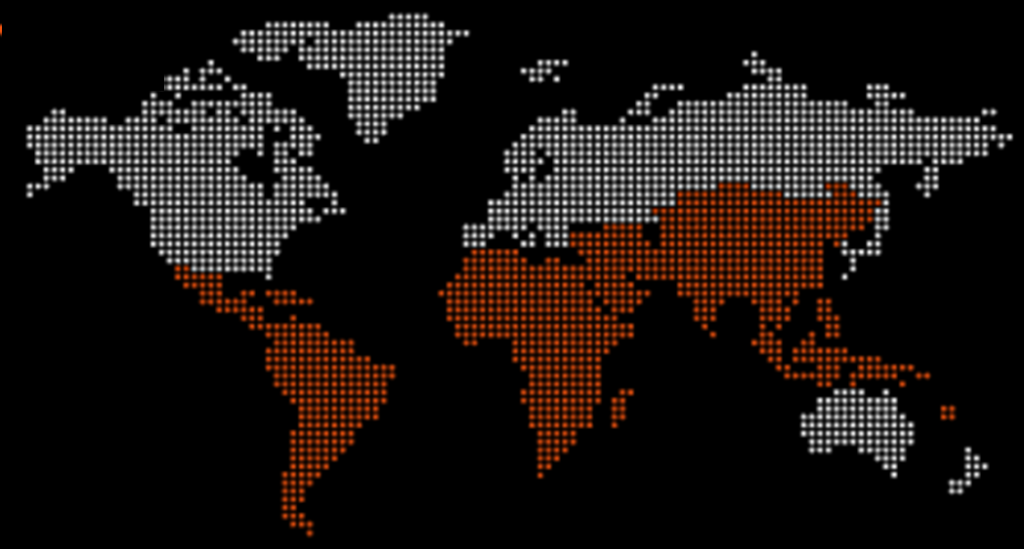
As we open applications for 2025 Workshop proposals, we are delighted to announce that one of these Workshops will again be reserved for organisers based in a Global South (GS) country*. This initiative was launched in last year’s application round and is part of our commitment to diversifying our Workshop programme so that we can support a wider selection of research communities around the world.
28 June 2024
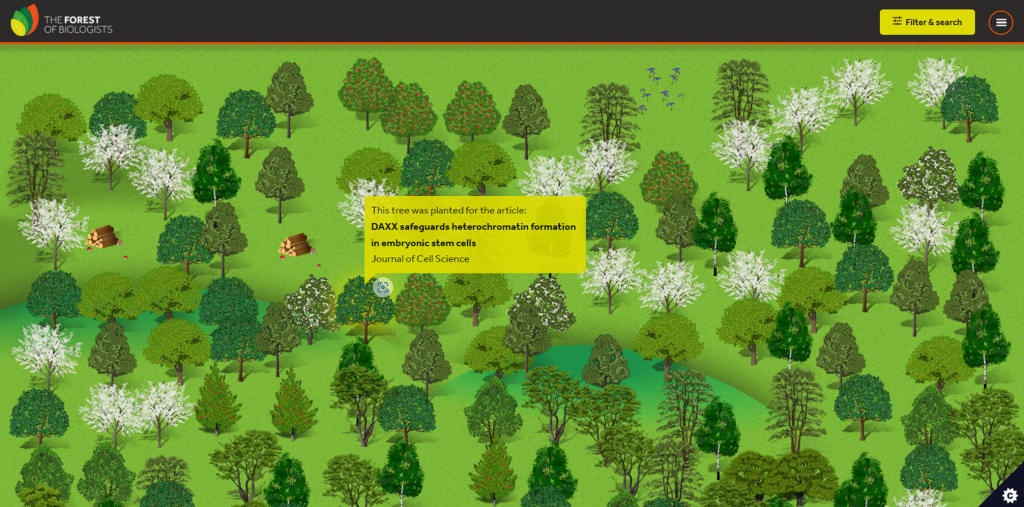
We are very proud that The Forest of Biologists has been shortlisted for the ALPSP Impact Award 2024. This is a great recognition for a project that we have thoroughly enjoyed launching and that we feel makes a true impact to both the scientific community and the natural environment.
Updated 9 April 2025
The scholarly communication landscape has changed profoundly over the past two decades, with a profusion of new publishing and subscription models from commercial and not-for-profit publishers. The increasing importance of Open Access (OA) – making research immediately and freely available to all – has presented challenges as well as opportunities for libraries, funding organisations, publishers and researchers alike.
2 August 2023
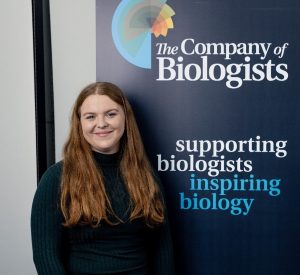
Erin Brown recounts her recent internship experience with The Company of Biologists.
“I have been fortunate to have undertaken my Professional Internships for PhD Students (PIPS) at The Company of Biologists. The decision to choose an internship within publishing was driven by a curiosity to understand a different perspective of the academic process. From the application process to my arrival in Cambridge, I felt supported and excited with how my 12-week experience outside the lab would go.
29 June 2023
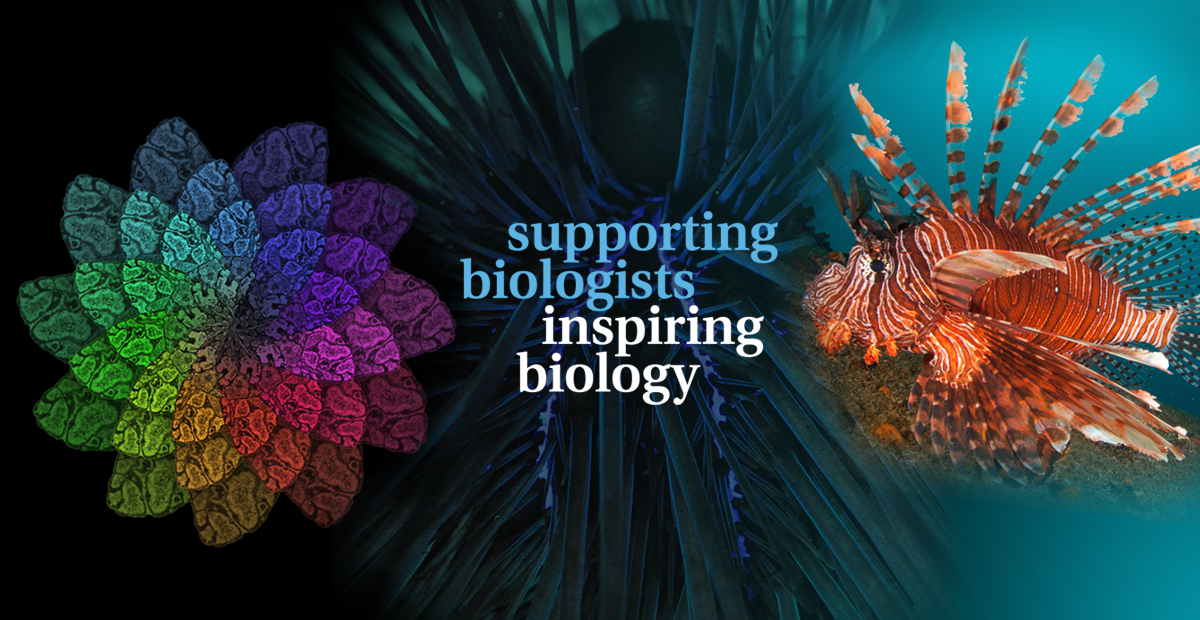
The Company of Biologists has launched a new server on Mastodon: biologists.social. It is a space for biologists to discuss science, research, teaching, life and more. …
17 January 2023
“It is important for more people to have access to others’ research results. This benefits the entire community.” Professor Wei Xie, Tsinghua University.
The Company of Biologists has had a long-standing commitment to Open Access (OA) as we believe it benefits science. Why? Because publishing articles immediately OA enables scientists in all parts of the world to read, share and re-use the latest research in our peer-reviewed journals.
You must be logged in to post a comment.